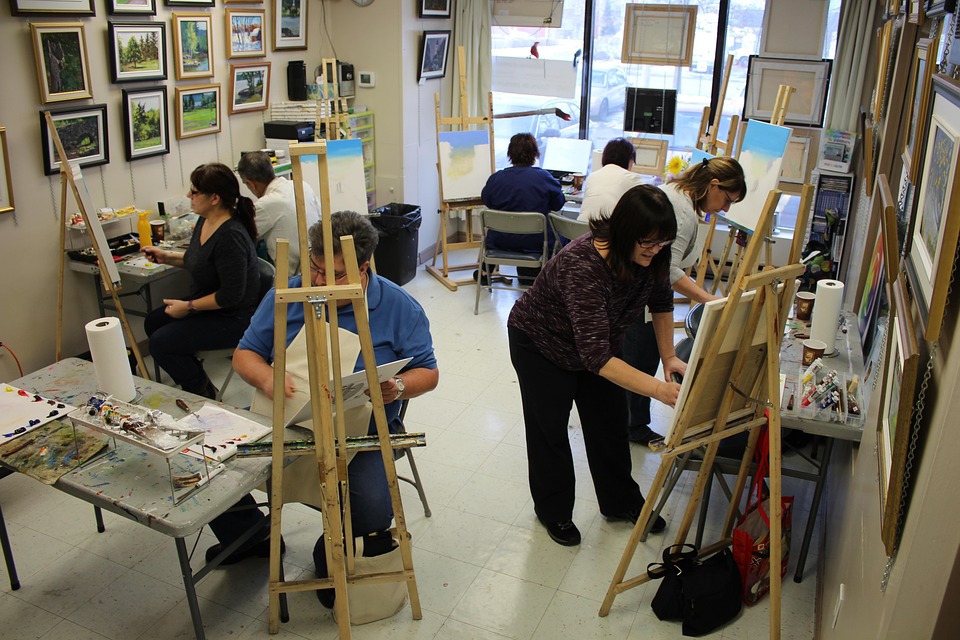In a world where culinary experiences are more accessible than ever, cooking classes have emerged as a delightful avenue for individuals to enhance their culinary skills, explore diverse cuisines, and foster a connection with food. Whether you’re a novice or a seasoned home cook, enrolling in a cooking class offers numerous benefits that go beyond merely learning how to chop onions or sear meat. Here’s a look at the transformative advantages of taking a cooking class under the engaging banner of “Taste, Learn, and Create.”
Taste: A Sensory Adventure
Elevating Your Palate
One of the primary joys of cooking classes is the opportunity to taste a variety of flavors and culinary techniques. Classes often feature hands-on sessions where participants can sample the dishes they create. This sensory exploration introduces you to new ingredients and cooking methods that can elevate your palate and inspire your home cooking.
Discovering Global Cuisines
A cooking class can transport you around the world through your taste buds. With themes ranging from Italian pasta-making to Thai curry preparation, each session encourages participants to appreciate the cultural significance of these dishes. This exploration not only enriches your culinary repertoire but also deepens your understanding of global cultures.
Learn: Acquiring Valuable Skills
Professional Guidance
Learning from experienced chefs or culinary instructors can provide you with invaluable insights and techniques that you may not retrieve from cookbooks or online tutorials. These experts share tips on knife skills, flavor combinations, and cooking methods that can streamline your cooking process and improve the quality of your dishes.
Building Confidence
Cooking can be intimidating, especially for beginners. Engaging in a structured class helps demystify the process, allowing you to gradually build confidence in your culinary abilities. As you master new skills—whether it’s perfecting the art of soufflé or rolling sushi—you’ll develop a newfound self-assurance that spills over into other areas of your life.
Hands-On Experience
Cooking classes emphasize hands-on learning. The tactile process of kneading dough, grilling perfectly, or crafting the ideal soufflé creates muscle memory that enhances your skills. This experiential learning approach solidifies concepts, making them easier to recall and apply in home cooking scenarios.
Create: Unleashing Your Culinary Creativity
Experimenting with Ingredients
Cooking classes encourage experimentation. With the guidance of skilled instructors, you can explore various cooking techniques, flavors, and cuisines, pushing the boundaries of your creativity. This open environment fosters an artistic approach to food, allowing you to start improvising and developing your signature dishes.
Collaborating with Others
Cooking classes are often social experiences, encouraging collaboration and camaraderie among participants. This interaction can be a source of inspiration, bringing fresh ideas and diverse perspectives to your culinary endeavors. Sharing the joy of cooking with others can lead to lifelong friendships and shared recipes.
Personalized Recipes
Many cooking classes provide you with a chance to create dishes that are tailored to your preferences or dietary restrictions. By learning to make specific meals or substituting ingredients, you’ll develop a personal library of recipes that resonate with your tastes and lifestyle.
Conclusion
Taking a cooking class is more than just a means to an end; it’s an enriching journey through the world of flavors, techniques, and creativity. The benefits of tasting, learning, and creating in a communal setting can transform the way you perceive food and cooking. Whether you’re aiming to impress friends at your next dinner party, become more self-sufficient in the kitchen, or simply have fun—cooking classes offer something for everyone. So don your apron, turn up the heat, and embark on a culinary adventure that promises to tantalize your taste buds and inspire your inner chef!



